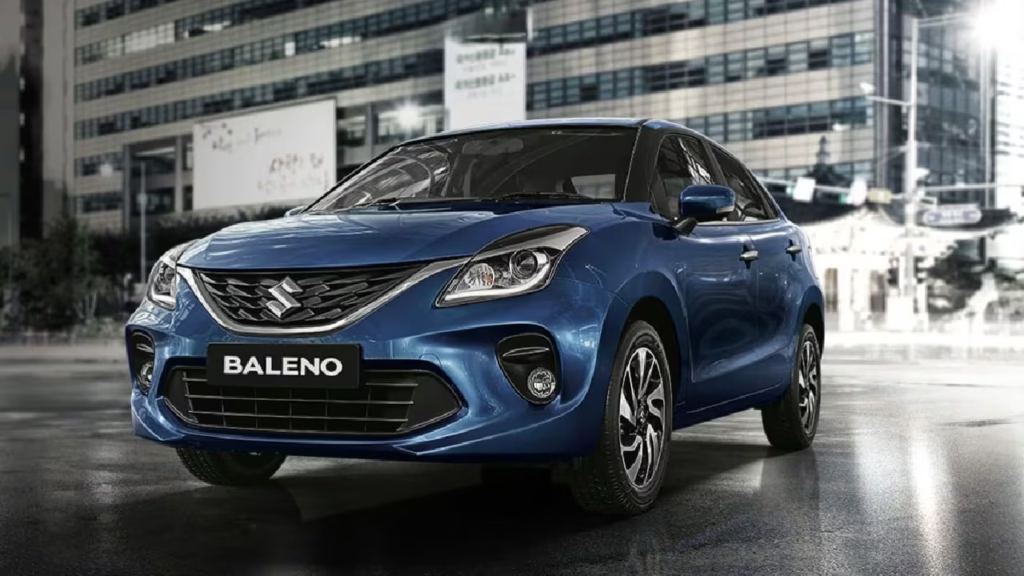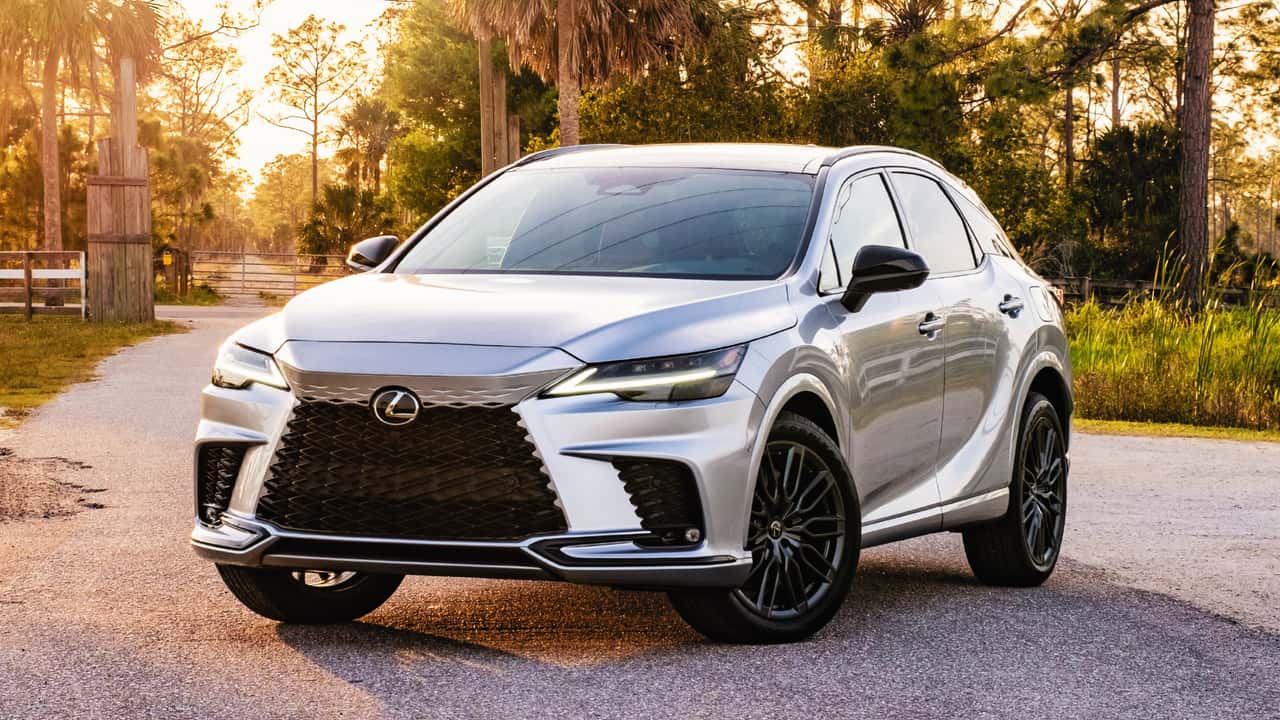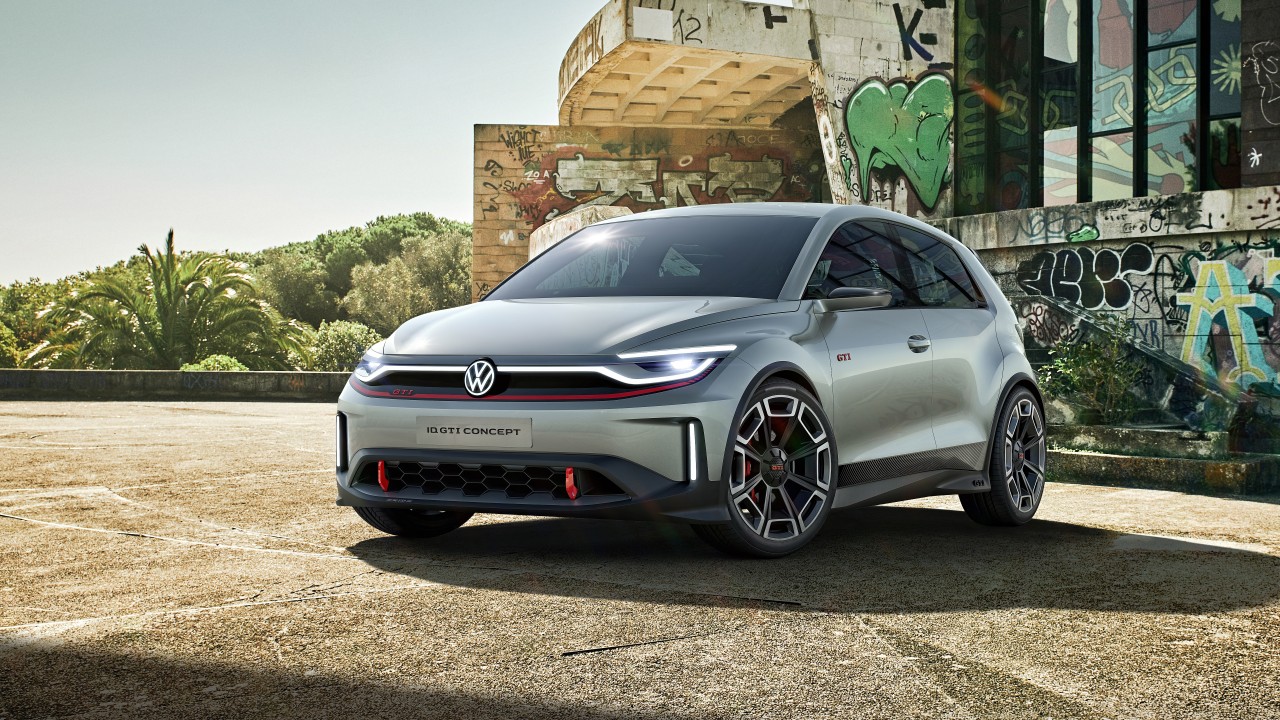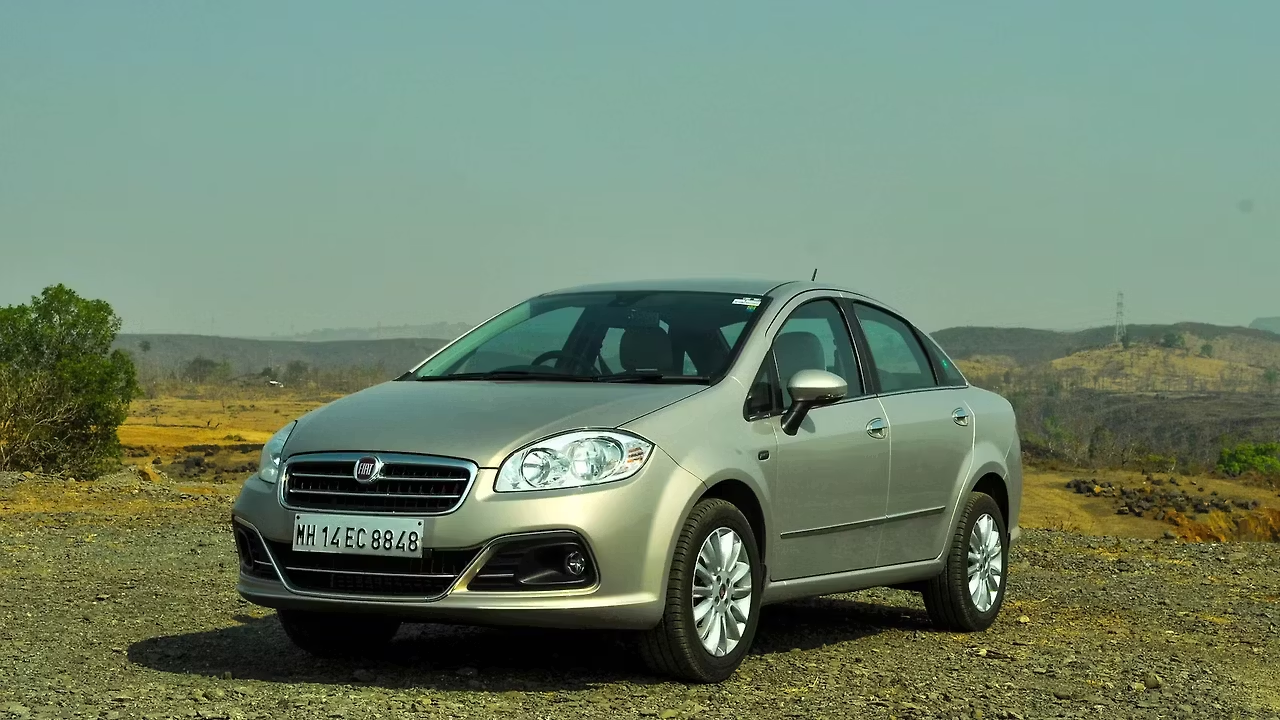Maruti Suzuki, India’s largest car manufacturer, has announced yet another price hike across its range of vehicles. This comes as part of the company’s strategy to cope with rising production costs, which are attributed to several factors, including the increasing prices of raw materials, supply chain disruptions, and inflationary pressures in the automotive industry. The price revision is expected to impact a wide range of models, including some of the brand’s most popular cars in India, such as the Swift, Dzire, Vitara Brezza, and the recently launched Celerio.
For Indian car buyers, Maruti Suzuki’s price increase is a crucial development to consider. As a brand that has long dominated the Indian automotive market, any shift in its pricing strategy could have significant consequences for both potential customers and the overall market. Let’s delve into why Maruti Suzuki is raising prices and how it might affect car buyers across the country.
Why Is Maruti Suzuki Increasing Prices?
The primary reason behind Maruti Suzuki’s decision to increase vehicle prices is the rising cost of raw materials. Over the past few months, the prices of essential components like steel, aluminum, and plastics have surged, significantly impacting production costs. These materials are vital for the manufacturing of vehicles, and the increase in their prices has put immense pressure on car manufacturers, forcing them to adjust their prices accordingly.
Additionally, global supply chain disruptions continue to affect the availability and cost of key components, including semiconductor chips. These chips are integral to modern vehicles, powering features like infotainment systems, safety features, and engine management systems. The ongoing global shortage of semiconductor chips has resulted in production delays and higher operational costs, adding further strain to the pricing of vehicles.
Inflationary pressures and rising fuel prices are also contributing to the cost increase for automakers. These economic factors are influencing the automotive industry worldwide, making it necessary for manufacturers like Maruti Suzuki to raise prices in order to maintain profitability and manage operational costs.
Which Maruti Suzuki Models Will Be Affected?
The price hike announced by Maruti Suzuki will impact a broad range of its models, spanning across various segments of the market. Some of the brand’s most popular vehicles, including the Swift, Dzire, Vitara Brezza, and Celerio, are expected to see price increases.
The Maruti Suzuki Swift, one of the brand’s best-selling hatchbacks, is likely to see a price adjustment. The Swift has been a favorite among Indian consumers for its stylish design, efficient fuel economy, and affordability. As one of the most iconic cars in Maruti’s lineup, any price hike could influence its affordability for many budget-conscious buyers.
Similarly, the Maruti Suzuki Dzire, a compact sedan that has built a loyal customer base over the years, will also experience a price increase. Known for its spacious interior, fuel efficiency, and value for money, the Dzire continues to be a popular choice in the subcompact sedan segment. However, the price increase could make it slightly less attractive for buyers seeking a budget-friendly sedan.
The Maruti Suzuki Vitara Brezza, a compact SUV that has gained significant popularity in India, will also be affected by the price hike. The Vitara Brezza’s stylish design, spacious interior, and competitive features have made it a top choice among urban buyers looking for an affordable yet premium SUV. The price increase, however, could make it more expensive compared to other options in the compact SUV segment.
The Maruti Suzuki Celerio, a city-friendly hatchback, will also experience a price increase. Despite being a relatively affordable option in its category, the Celerio’s compact size, fuel efficiency, and ease of driving make it a great choice for first-time car buyers or those looking for an economical urban vehicle.

Impact on Indian Car Buyers
India is known for its price-sensitive consumer base, and Maruti Suzuki has long been successful in catering to this market with affordable vehicles. However, the ongoing price hikes across the automotive industry could lead to some buyers reconsidering their options. As many of Maruti’s models are targeted at budget-conscious buyers, any increase in prices might make consumers look for alternatives, particularly in the highly competitive hatchback, sedan, and compact SUV segments.
That said, Maruti Suzuki has built a solid reputation in India for offering affordable, reliable, and fuel-efficient cars, which will continue to attract a significant portion of the market. The brand’s extensive service network, low maintenance costs, and excellent resale value are factors that will likely retain consumer interest, even amid higher prices.
Moreover, while some buyers might be put off by the price hike, those who prioritize quality and long-term reliability may still find the increased prices worth the investment. Maruti’s vehicles are known for their strong after-sales service, ensuring that owners continue to enjoy a hassle-free experience long after purchasing their cars.
What Maruti Suzuki Offers to Its Customers
Despite the price increase, Maruti Suzuki continues to offer several advantages that make its vehicles appealing to Indian consumers. One of the most significant factors is the brand’s commitment to providing fuel-efficient cars that are well-suited to the demands of Indian roads. In a country where fuel costs are a major consideration for car buyers, Maruti’s emphasis on fuel efficiency makes its vehicles a practical choice.
In addition, Maruti Suzuki’s cars come with a host of modern features, including infotainment systems, advanced safety features, and comfortable interiors. As consumer expectations evolve, Maruti has continually updated its models to include features such as touchscreen displays, rear-view cameras, and automatic climate control, ensuring that its vehicles remain competitive in the market.
Maruti Suzuki also stands out due to its extensive after-sales service network, which is among the most widespread in India. With numerous service centers across the country, Maruti Suzuki ensures that customers have easy access to maintenance and support, making it a convenient and reliable brand for long-term ownership.
The Future of Maruti Suzuki in India
While the price increase may affect short-term sales, Maruti Suzuki’s long-term position in the Indian market remains strong. The brand’s reputation for affordability, reliability, and fuel efficiency has helped it maintain a dominant market share. Additionally, with the growing interest in electric vehicles (EVs), Maruti Suzuki is likely to continue expanding its eco-friendly offerings in the coming years, helping the brand stay relevant in a rapidly changing automotive landscape.
Conclusion
Maruti Suzuki’s decision to raise vehicle prices is a response to the increasing costs faced by the automotive industry, particularly due to rising raw material prices and global supply chain challenges. While the price hike may affect the affordability of some of its popular models, Maruti Suzuki’s reputation for offering reliable, fuel-efficient, and feature-rich vehicles ensures that it will continue to be a preferred choice for many Indian buyers. For prospective customers, understanding the impact of the price increase is essential, but the brand’s strong after-sales service, low maintenance costs, and long-term value will continue to make it a compelling choice in the Indian automotive market.






